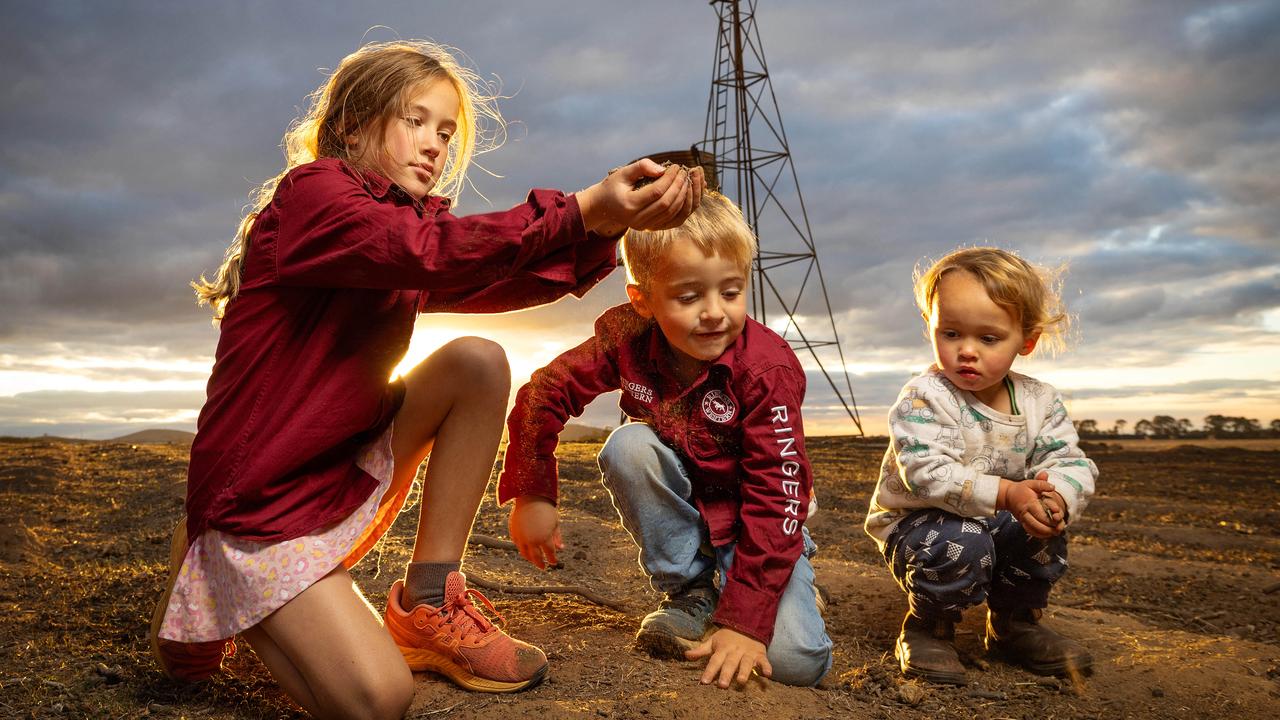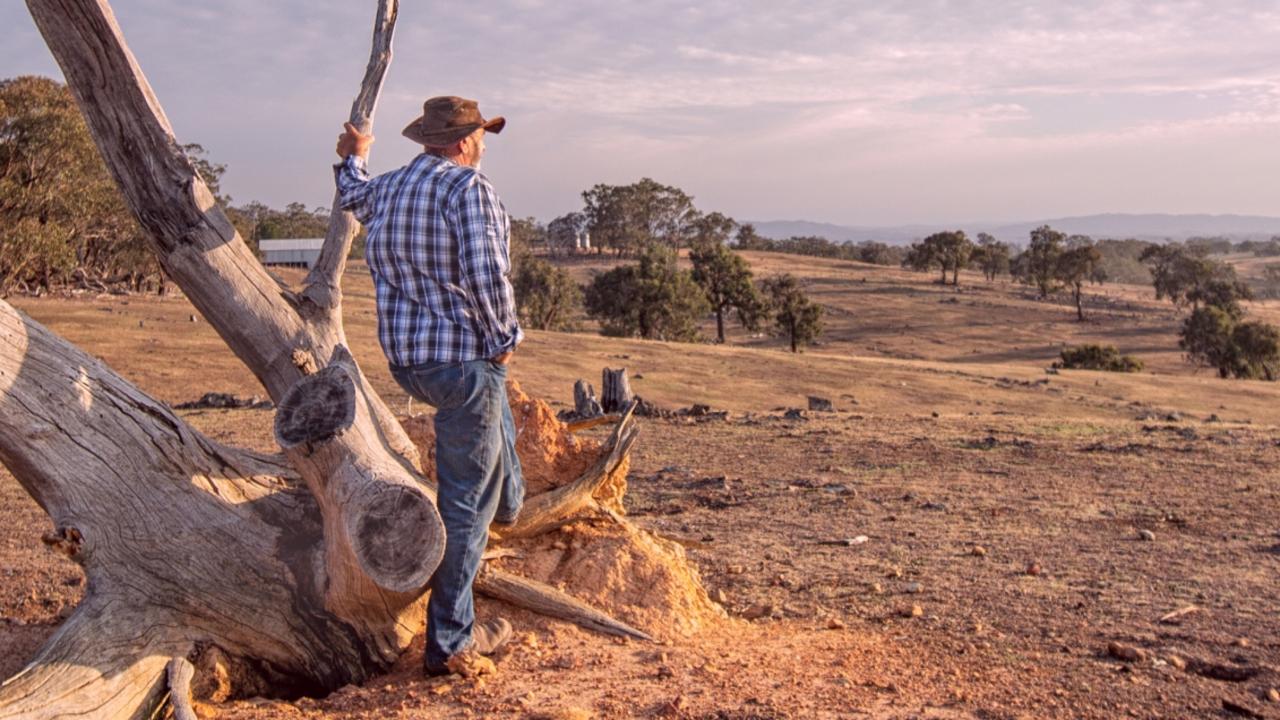Does my dog need to wear a winter jacket? A vet weighs in
With spring weather just around the corner, is it time to pack away your pooch’s winter jacket? Should your dog even wear one? RSPCA Victoria’s chief vet weighs in.
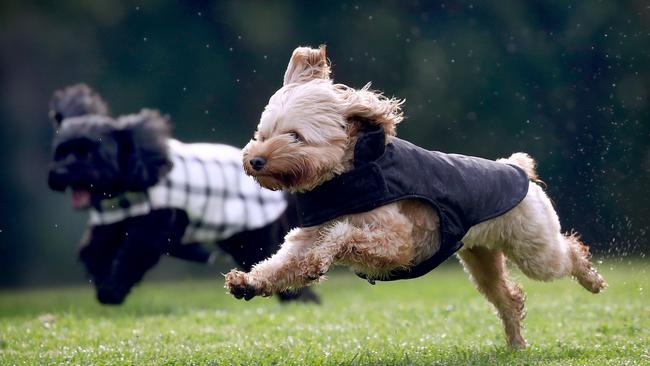
News
Don't miss out on the headlines from News. Followed categories will be added to My News.
It’s not just Paris Hilton pandering to her puppy anymore.
Dog owners have been quick to splash big bucks on doggie jackets for their pups, feeling sorry for their pooches in the biting cold.
The winter pet clothing department at pet supply store Petbarn has once again seen another year of major growth in sales.
But are pup owners doting over their fur babies a little too much?
Does your dog really need to wear a jacket?
It’s not just the number on the thermostat you need to consider, experts warn.
And just because your dog looks cold, doesn’t necessarily mean you should rug him up in layers.
RSPCA Victoria’s chief veterinarian Dr Bronwyn Oke said owners should first consider two factors before opting to buy their dog a winter coat – breed and tolerance.
“Not all pups need to wear a coat in winter,” she said.
“Some breeds, such as malamutes and huskies, have a thick, dense coat which protects them from the cold.
“Other dogs, particularly sighthounds, have not only much sparser fur, but do not carry the same fat storage which can protect them from the cold.”
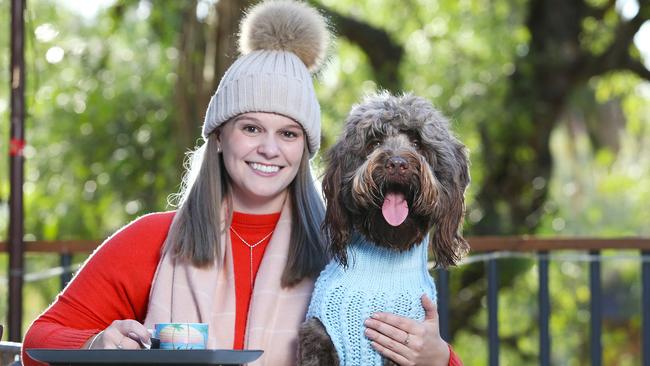
Can dogs get colds? Is there a use for a jacket if they can’t?
Dr Oke said while dogs don’t get the traditional colds that humans get such as a rhinovirus, they do get other viruses such as kennel cough.
“Kennel cough can be effectively prevented, or the intensity of disease reduced, by receiving annual vaccinations, however when it is cold, our pet’s immune systems can weaken and leave them more susceptible to disease and illness.
“A snug rug on a cold day when outside can help reduce the risk of illness.”
Old dogs in winter
Your senior dog might need a coat more than he ever has, with a reduced ability to protect himself from the cold.
“As pets get older, their hair can become sparser and they can lose weight,” Dr Oke said.
“If you have a senior pet, it is always a good idea to have them assessed by your veterinarian every 6 months so that any exercise and dressage requirements can be tailored to your pet.”
Be warned the dangers of doggie coats
Once their coat is on, Dr Oke recommends keeping an eye on your puppy to ensure they don’t get dehydrated and not leaving it on for too long.
“Watch your dog’s behaviour for any excessive panting or other signs that may indicate they are too hot,” she said.
“Health issues from wearing a coat largely relate to leaving it on for days at a time and not letting the skin breath or cleaning the coat.”
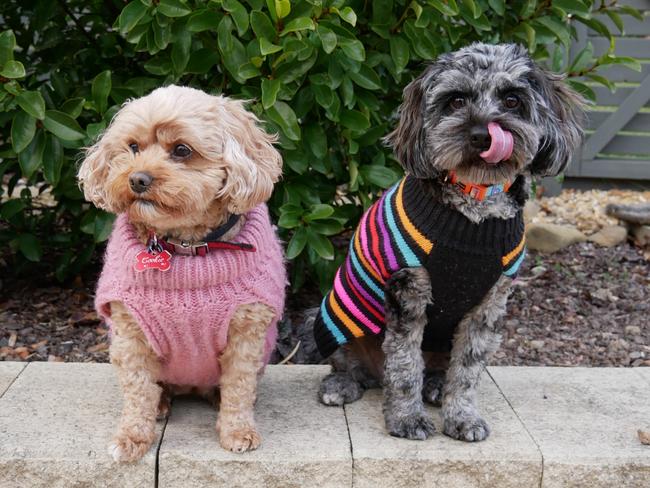
For the city’s most popular dog breed, the cavoodle, coat maintenance is especially important.
“I have treated dogs that have needed to be anesthetised and effectively shorn like a sheep,” she said.
“Owners may allow the coat to grow a little longer in the winter, but regular brushing is required and grooming should still occur – but perhaps not to the level of a buzz cut!
“Their fur can become matted which, if left unattended, can cause ulcerations and skin infections that require both topical and oral medications.”


